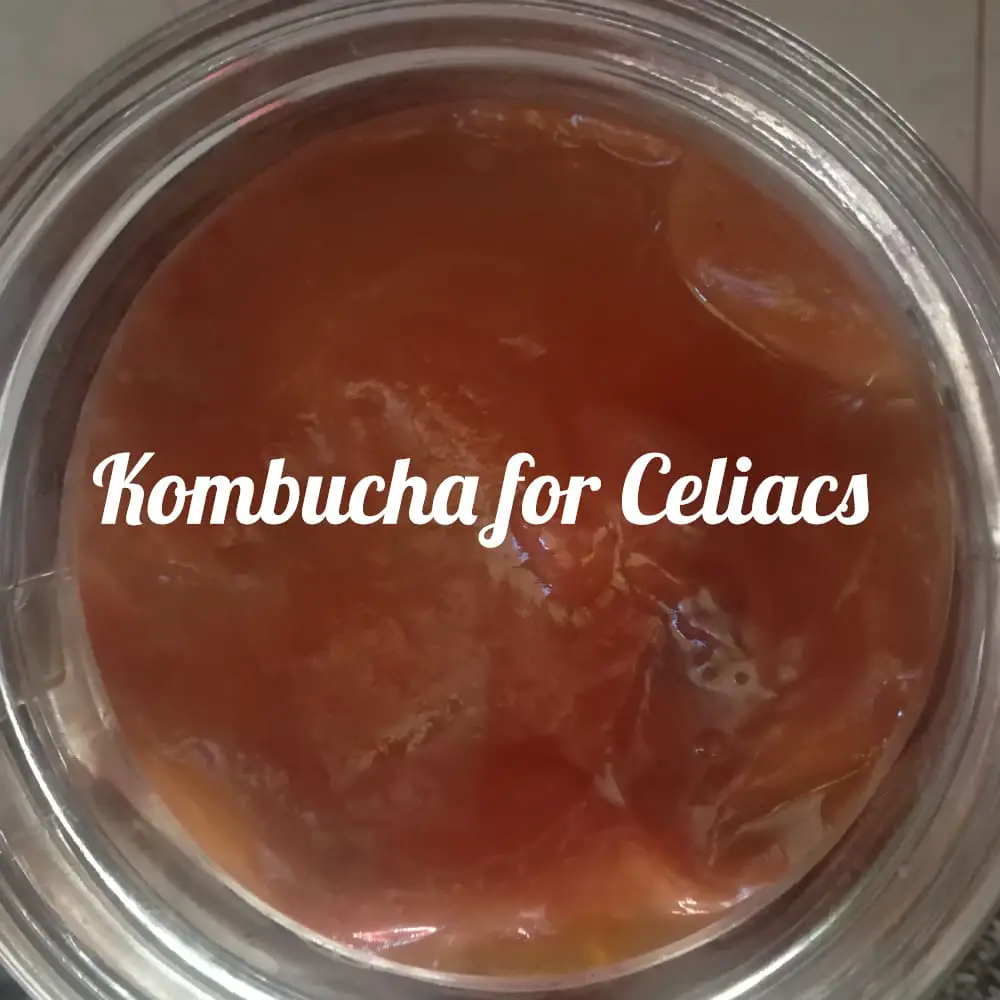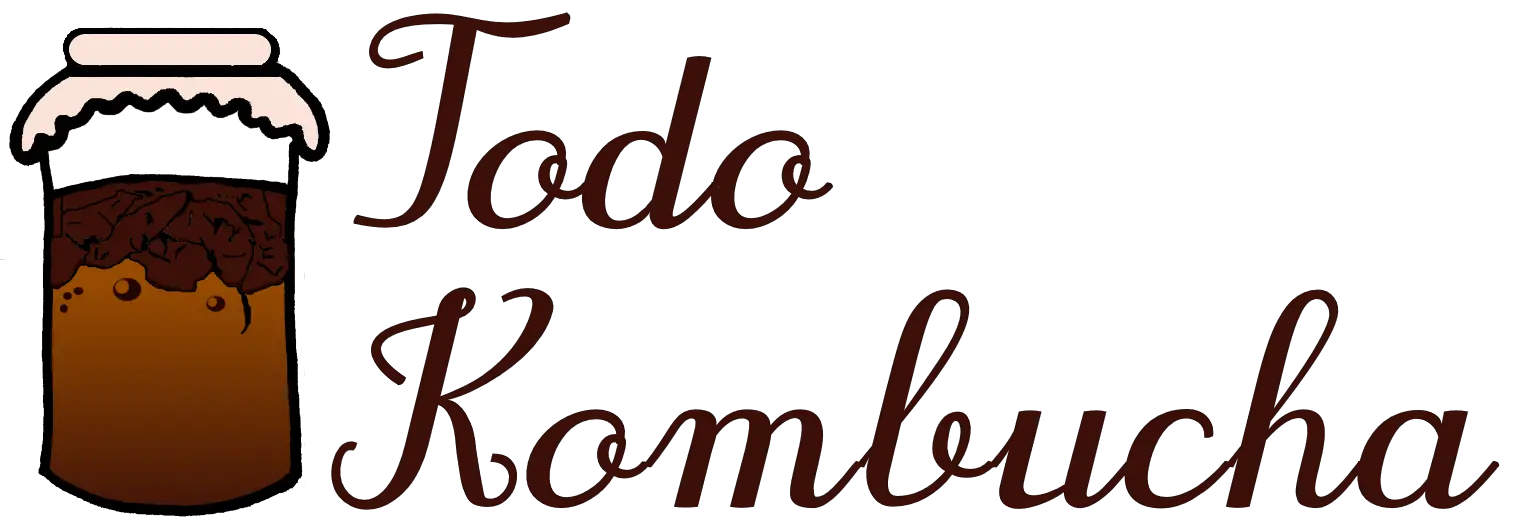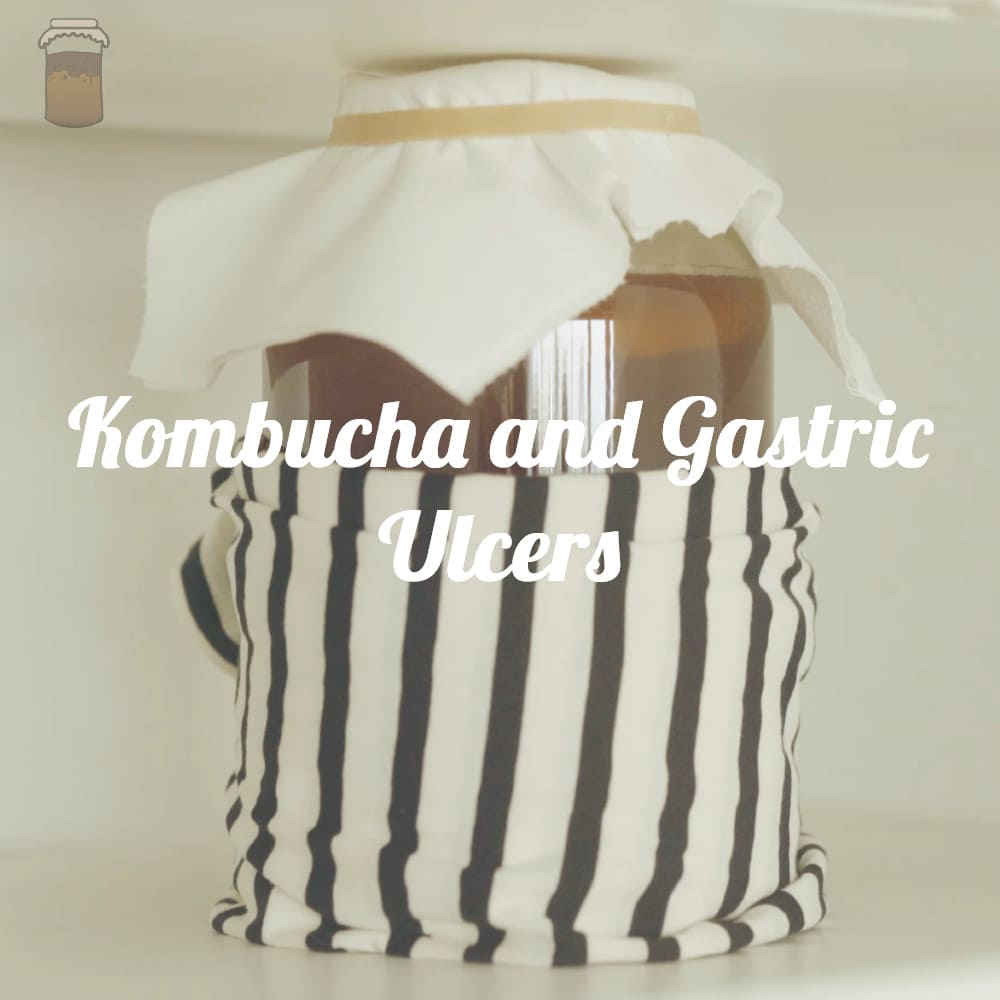
Celiac disease is one of the most complex diseases that humanity has known. For years it has been sought how to combat it, without much success, and considering fermented food is becoming more popular these days, we will explain further if it is possible to drink kombucha for celiacs.
Is kombucha an option for celiacs? Well, definitely, yes, since there is no presence in this drink of any component that could be counterproductive for celiac. On the contrary, kombucha’s probiotics can be an opportunity against celiac disease.
Having exposed all the above, we have already defined the context to develop the topic in depth, which we will do next.
Is kombucha gluten-free?
The critical point of celiacs is the presence of gluten in meals, a protein derived from wheat, barley, and rye, which causes an immune reaction with a reasonably diverse symptomatology, so great caution should be taken whether the food contains gluten.
In the case of kombucha, it is gluten-free since, in its structure, there is not a single element related to it. In addition, it has been listed as safe for consumption by those who should not ingest gluten.
In that sense, no compound within kombucha could alter or cause a reaction in anyone with celiac disease, starting precisely with gluten which is the riskiest among all. And logically, for this, there had to be an explanation. [1]
We must refer to its manufacturing process to understand why kombucha is safe from gluten. Kombucha is a product made thanks to the fermentation of tea, so it is easy to deduce that it does not contain gluten since tea is far from those components that have this protein, and fermentation will not spontaneously generate gluten.
In addition, the Gluten Intolerance Group has certified kombucha as an option for patients with celiac disease. [2]
This is given its structure composition. However, we recommend consuming it in moderation so your body adapts better.
Can kombucha probiotics help celiacs?
Absolutely. First of all, we must remember that celiacs have the condition that they cannot ingest gluten. So kombucha, free of this component, does not pose a risk. But in addition, it can strengthen the intestinal microbiota thanks to probiotics and other elements.
Remember that celiac disease causes people various problems in the small intestine if they ingest gluten [3].
That is why kombucha has positioned itself as a fermented suitable for these people. And the best thing is that it doesn’t end there.
While the academic literature has had very little research involving people, studies have been done in various animals that suggest that the probiotics, enzymes, vitamins, and organic acids contained in kombucha have an essential effect on the health of the intestines, both strengthening their walls and preventing pathogens. [4]
Based on the above, we can intuit without too much difficulty that kombucha will improve your digestion in the long term. Furthermore, the more you get used to ingesting it, the more it will stimulate each intestine. Therefore, nutrients will take less time to be absorbed. In summary, this drink is an excellent option for good intestinal health.
What other fermented foods can I supplement with?
Supplementing kombucha with other gluten-free fermented products would be a good idea.
There are many more gluten-free fermented, but this time we will only give you three options, which are:
Kefir
In the world of fermented foods, one that cannot be missed is kefir, as it contains many probiotics, mainly from the lactobacillus strain, which contribute in a good way to our intestinal health.
Kefir is very similar to yogurt, has milk as its raw material, and is a gluten-free product.
You can review a fascinating article that we have a review about kefir and kombucha, where you can see both products’ main similarities and differences.
Mead
Traditionally we see mead as a simple drink to accompany the palate. However, the truth is that it can be beneficial to complement kombucha because it is also a fermented drink without gluten.
In the manufacture of mead, water and honey itself intervene first. Both then go through a fermentation process in which yeast is used. You can add spices, green tea, hops, and fruits here. Of course, depending on the combination, you will get a different drink.
The fact is that none of these ingredients contain gluten. For this reason, as a fermented food, it is an excellent option for celiacs. Of course, its consistency and flavor will depend significantly on the amount of each ingredient you use, but overall, it resembles kombucha.
Natural yogurt
Yogurt is, by nature, a fermented product. In his case, the bacteria used are of the dairy type. Be that as it may, this fermented one does not come with gluten due to its structure, and you could consume it with kombucha.
However, we must clarify that not all yogurts are valid. Only natural ones are allowed for celiacs. Those that come with unique flavors or that are editions with many artificial components are discarded. Avoid them at all costs.
You may be interested in the article about kombucha alternatives.
Fermented foods that have gluten
If we already offered you some options to supplement kombucha, we must warn you that those fermented drinks may be harmful if you are celiac. The gluten levels in each are high enough to compromise your safety:
Traditional beer
In the previous section, we offered you the craft beer. We did it precisely because the traditional is anything but a safe drink for celiacs. This is mainly because barley and malt are used in its manufacture.
Both ingredients are characterized by naturally containing gluten in their structure. This reality is also seen in many modern beers that try to offer new flavors to the public. Be careful because although the external appearance differs, the formula is the same.
Sangria
Sangria is another drink well known for its gluten levels. While it is true that some manufacturers offer less risky alternatives for celiacs, we do not recommend trusting that. After all, it’s about your life.
It should be noted that depending on the country in question, the sangria will have different ingredients. However, the most basic ones are always present.
Sourdough bread
Sourdough bread is perhaps one of the oldest fermented in human history. Over time there have been slight changes in its elaboration. Still, fermentation has always continued to be present in the process.
Thanks to this fermentation, this bread is another of the options with which hope is usually given to celiacs. In sourdough bread, gluten is reduced by all the elements that ferment it. Therefore, it seems ideal for celiacs and those with a minimum gluten sensitivity.
However, the reduction is not optimal, and it has not been possible to verify that the bread is suitable for celiac. It should be noted that there are variants of sourdough bread, but we must maintain sight of the fact that even if the ingredients change, the manufacturing process remains the same.
Why make kombucha your method to combat celiac disease?
After all our travel, is kombucha an excellent tool to combat celiac disease? Depends. The reality is none of the kombucha benefits have been tested in humans, so we only have people who claim those benefits based on their own experience and perception.
As a gluten-free drink, there’s no chance of kombucha wreaking havoc on your body. If you are celiac, you can consume this fermented drink without the slightest risk, whether your gluten sensitivity.
On the other hand, as we have already seen, kombucha is not a fermented product with a single benefit for your body, as it may contribute to the balance of intestinal flora. At the same time, its antioxidant properties will likely strengthen your immunity. All this together will help you to be in a better state, which will come in handy to counteract the effects of gluten. [5]
This is the end of this article. But do not worry; we will continue to bring you all the information that arises about kombucha and fermented foods so that you can heal your celiac disease more and more.
References
[1] https://www.researchgate.net/publication/339723725_Kombucha_Tea_Fermentation_A_Review
[3] https://celiac.org/about-celiac-disease/what-is-celiac-disease/
[4] https://onlinelibrary.wiley.com/doi/pdf/10.1111/1541-4337.12073
[5] https://pdfs.semanticscholar.org/d450/1bf760406ddd65a62650e59d240647c6a925.pdf






